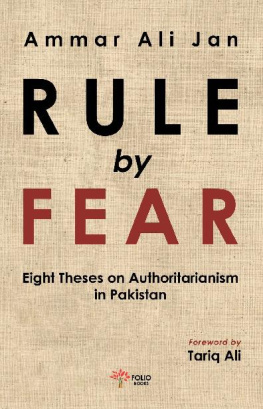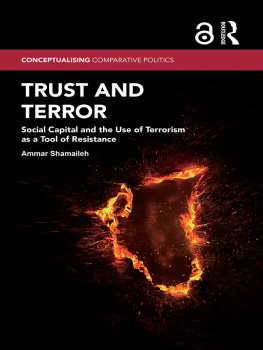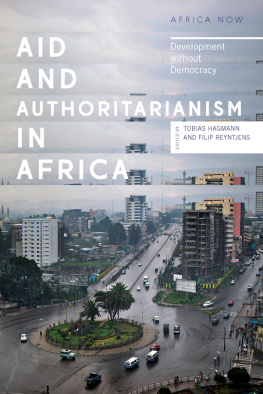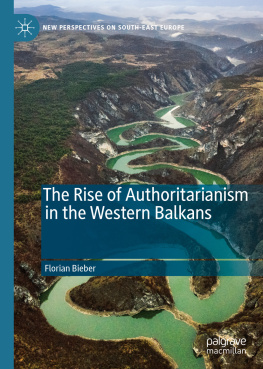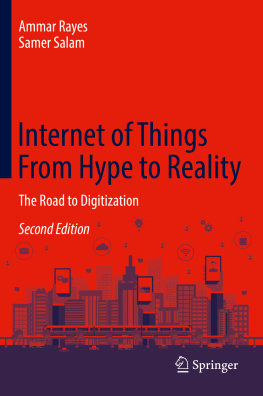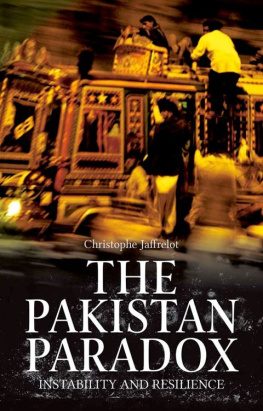Praise for Rule by Fear
Rule by Fear is a much-needed primer for progressive politics in Pakistan. Ammar Jan brings together his scholarly insights and experience as an activist in this clearly written and accessible text. It reminds us of Pakistans checkered past, yet provides a way forward toward a more egalitarian and socially just future. A must read for those interested in the linkages of the Pakistani state with the colonial era and how this history continues to inform the contemporary period.
Kamran Asdar Ali , Surkh Salam: Communist Politics and Class Activism in Pakistan 1947-1972
Ammar Ali Jan's Rule by Fear is an intellectual tour de force that provides nuanced theoretical insights into the historical processes of Pakistan's political formations, social complexities and economic upheavals over the last seven decades. Through his rigorous critical analysis, Jan helps set up a plan for revolutionary praxis as young Pakistani students, feminists, farmers, workers, ethno-nationalists and human rights activists seek to transform the country's outlook for a better future, an egalitarian society and a radical democracy.
Ali Usman Qasmi , Muslims against the Muslim League: Critiques of the Idea of Pakistan
Rule by Fear is a compendium of all the hidden, progressive stories of Pakistan that fundamentally reads as a love story for the people of Pakistan, particularly students and workers who have been systematically denied any right to call themselves Pakistani because of politicians and military leaders who pose as if they are the only groups who can protect Pakistan against the many threats to its security. Jan traces this constant state of fear of attack back to the colonial period. He argues that the military and certain politicians are only able to portray this threat as new, and themselves as the true protectors of Pakistans integrity, and win the battle of ideas because they rob the public of its own past. Jans book illustrates precisely that past. A fantastic feat by an activist-academic who has worked tirelessly to stand by the ideals he believes in. Ammar Jan has written a book that will be, for years to come, a sourcebook for social historians who are searching for the hidden histories of progressive Pakistan.
Anushay Malik , Narrowing Politics: The Labour Movement in Lahore, 1947-1974
RULE by FEAR
Ammar Ali Jan is a historian who works on communist thought in the non-European world. He is a member of Haqooq-e-khalq Movement, an anti-capitalist organisation that is working among workers, farmers, students and women to build an alternative political project. He has been implicated in a number of cases for his activism, including under the notorious sedition law in 2019. He is also a regular contributor to a number of publications, including The News International , Al Jazeera and Jacobin .
RULE by FEAR
EIGHT THESES on
AUTHORITARIANISM
in PAKISTAN
AMMAR ALI JAN
Published by Folio Books 2021
Ammar Ali Jan 2021
All rights reserved. No part of this book may be reproduced or utilised in any form or by any means, electronic or mechanical, including photocopying and recording, or by any information storage and retrieval system, without permission in writing from the publisher.
Folio Books has no responsibility for the persistence or accuracy of URLs for external or third-party internet websites referred to in this publication and does not guarantee that any content on such websites is, or will remain, accurate or appropriate.
All enquiries to be addressed to editorial@foliobooks.pk
ISBN: 978-969-7834-35-8 (paperback)
Subjects: PoliticsPakistan. | AuthoritarianismPakistan. | MilitarismPakistan. | HistoryPakistan. | DemocracyPakistan.
Printed and bound by Takmeel Printers, Lahore
Cover design: Muhammad Sohaib Azam
Folio Books
12-B, Ross Residencia, Canal Bank Road, Lahore
www.foliobooks.pk
www.facebook.com/foliobooks.pk
www.instagram.com/foliobookslahore
www.twitter.com/Folio_Books
For the young political workers,
who continue to dream
and
fight for an egalitarian and just Pakistan
CONTENTS
Acknowledgments
Foreword
Introduction
1. Permanent State of Emergency
2. Controlled Democracy
3. Class War
4. Manufacturing Identity
5. We the Seditious People!
6. Moral Panic
7. Democracy Deferred
8. What is to be Done?
Conclusion
Notes
ACKNOWLEDGMENTS
A book always contains the traces of those who have affected the author. I am fortunate that in my political and academic journey, I have been touched by many individuals who have left an indelible mark on my life. This work is primarily an attempt to think through the experience of activism in Pakistan. I was lucky enough to meet a number of bright students who were able to inspire the country with their resistance against the current order. I was particularly impressed by the courage and honesty shown by youth like Salman Sikandar, Maria Arshad, Mudabbir Ali, Nida Afzal, Bahram Gadhi, Raza Gilani, Mohiba Ahmad, Aminah Chaudhry, Haider Kaleem, Haider Butt, Sanaullah Aman, Sidra Iqbal, Zahra Syed, Muzammil Khan, Arooj Aurangzeb, Mohsin Abdali, Husnain Jamil Faridi, Rai Ali Aftab, Qaiser Javaid, Muqaddas Jarral, Ammar Yasir, Amina Chughtai, Mahnoor Salman, Ali Abdullah Khan, Kalsoom Fatima, Harris Hassan, Umer Zamran, Bushra Mahnoor, Ali Raza, Amjad Mehdi, Virsa Pirzado, Rizwan Maqbool, Jaudat Syed, Ehteysham Hassan, Zubair Siddiqui, Hammad Khan, Haris Azad, Ehsan Achakzai, Safeer Maan, Usman Butt, Usama Zahid, Qamar Abbas and many others. These young people have remained steadfast in the face of intense political pressure from the state and demonstrated the incredible ability to unite people from different ethnic and religious backgrounds. I am indebted to them for teaching us that a different world is possible.
I am also thankful to our seniors in the Left who kept the flame of resistance alive in one of the darkest periods of our history. Farooq Tariq has been a source of inspiration for many years for his untiring efforts to build progressive politics in Pakistan. Khalid Mehmood Sb has been a friend whose brilliant photography is one of the best archives of progressive politics in Pakistan. Bilal Zahoor and Zaigham Abbas are friends and confidantes who have been with me in the most turbulent times in recent years. I am also grateful to Bilal for encouraging me to finish this book. Murtaza Bajwa and Ahsan Bhatti opened a new world of working-class youth for me, transforming my life in many ways. Asim Sajjad Akhtar, Ammar Rashid, Aliya Amir Ali, Tooba Syed, Bakhshal Thallo, Alya Bakhshal and Nasir Mansoor were my comrades in the Awami Workers Party and I continue to be inspired by their commitment to social justice. Dr Alia Haider is both a comrade and a sister who has become part of our family. I miss our comrades Manzoor Ahmad, Yousuf Baloch and Mahmood Butt, who guided us for many years but are no longer with us. Memories of them continue to animate our hearts and guide us towards a life of service for the poor and the downtrodden.
I remember the original group that met in 2017 to initiate a new kind of Left politics in Pakistan. Sher Khan and Sarah Eleazar were instrumental in building the progressive movement in Lahore. Aimen Bucha highlighted the necessity of intertwining socialism with feminist thought. Hashim Bin Rashid and Sara Kazmis intellectual input and friendship were a source of strength for our group. Umair Rashid diligently worked behind the scenes to ensure the group was able to sustain itself despite limited resources. Aima Khosas drive to aim big in politics is contagious, while Ziyad Faysals wit and sharp analysis always provide fodder to the intellect. Zahid Ali is a formidable organizer who is destined for intellectual greatness. Many of these comrades are no longer in Pakistan but their commitment continues to guide us.
Next page

